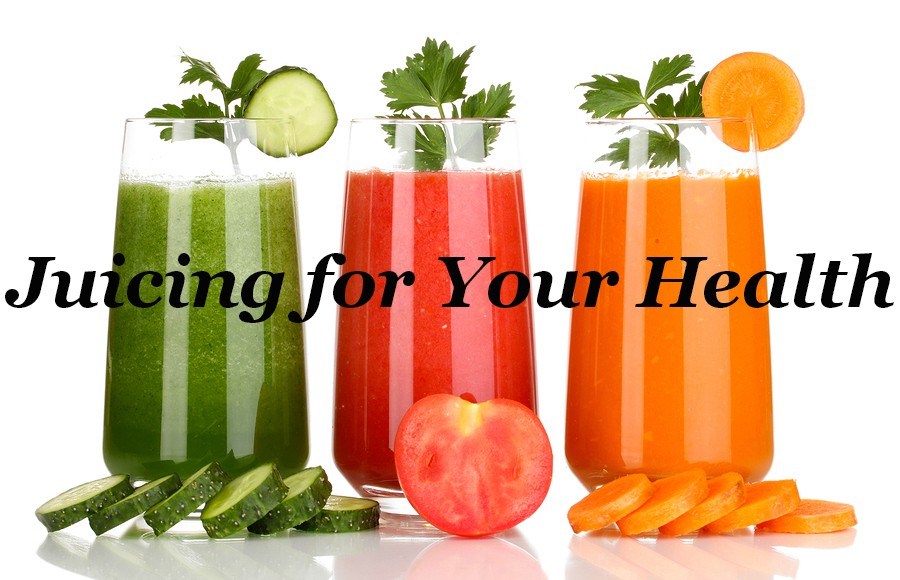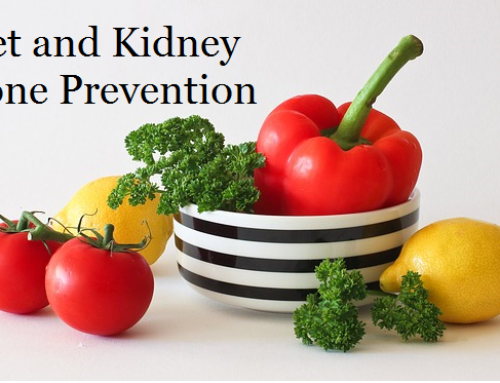The new year almost always brings about new promises to ourselves to improve our health. As you know, a plant based diet rich in a variety of vegetables and low sugar fruits can help to heal our bodies and keep them free of disease. Even with this knowledge, recommended servings of vegetables can be hard to accomplish.
Juicing is a great way to increase some of the nutrients from vegetables and fruits in a quick and easy way. You can easily consume the USDA daily recommendation of 5-6 cups of vegetables and fruits in a single glass of fresh pressed juice before lunch! Juicing concentrates the cancer fighting, detoxifying nutrients that boost your body’s ability to heal. It provides nutrients without the cooking. But there is controversy with this new trend.
Juicing removes the fiber from the whole foods. This is advantageous in that it is easier to consume the nutrients of 4 cups of spinach without the bulk, it is easier to consume and absorb nutrients due to nutrient density. However, fruit and vegetable fiber isn’t “just fiber” either; it also contains bioactive phytochemicals that can increase the bioavailability of the antioxidants in those fruits and vegetables. Also, juicing inevitably reduces or eliminates the majority of fruit and vegetable skin. The skin contains a hefty amount of a fruit or veggie’s total nutrients. Flavonoids and carotenoids are often concentrated in the skin.
Juice tends to be high in sugar and without the fiber to help stabilize blood sugar, it is important to be mindful of WHAT you are juicing. Because fruits and root vegetables are naturally high in sugar and a cup of juice contains the sugar of multiple fruits we recommend that you limit fruit or root vegetable juice, using fruit or root vegetables minimally as a way to sweeten greens. Greens are naturally low in sugar so this is less of an issue. At Enhanced Medical Care, we stick to the principle of 2-3 vegetables to every fruit or root vegetable to control sugar content.
If you want to include juice in your diet, we recommend going for fresh juice. Processing required for shelf life reduces nutrient content and helpful enzymes and gives juice that stale, “off” taste. Labels on processed juices may also reveal added sweeteners. There are plenty of good juicers on the market, and some of us even have access to good juice bars where we live. When you juice at home, don’t make a large batch. Fresh juice breaks down quickly. To maximize nutrition (and taste), it is better to make it fresh daily.
All in all, fresh vegetable juice is a wonderful addition to your diet as long as it is not being used as a replacement for the whole food. Juicing can also help you kickstart other healthy dietary and lifestyle habits! Just use caution in avoiding adding too much sugar to your daily consumption. Keep in mind that a juice cleanse is not appropriate for everyone. Consult us if you are planning to embark on more extreme measures.
If you have any questions about juicing, please feel free to contact us. We cheer to your health with a green juice in hand!
To your health!







Leave A Comment